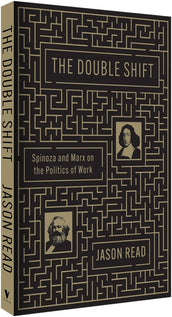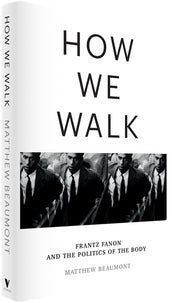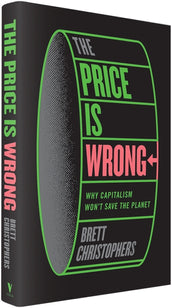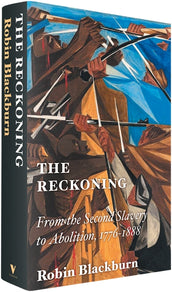
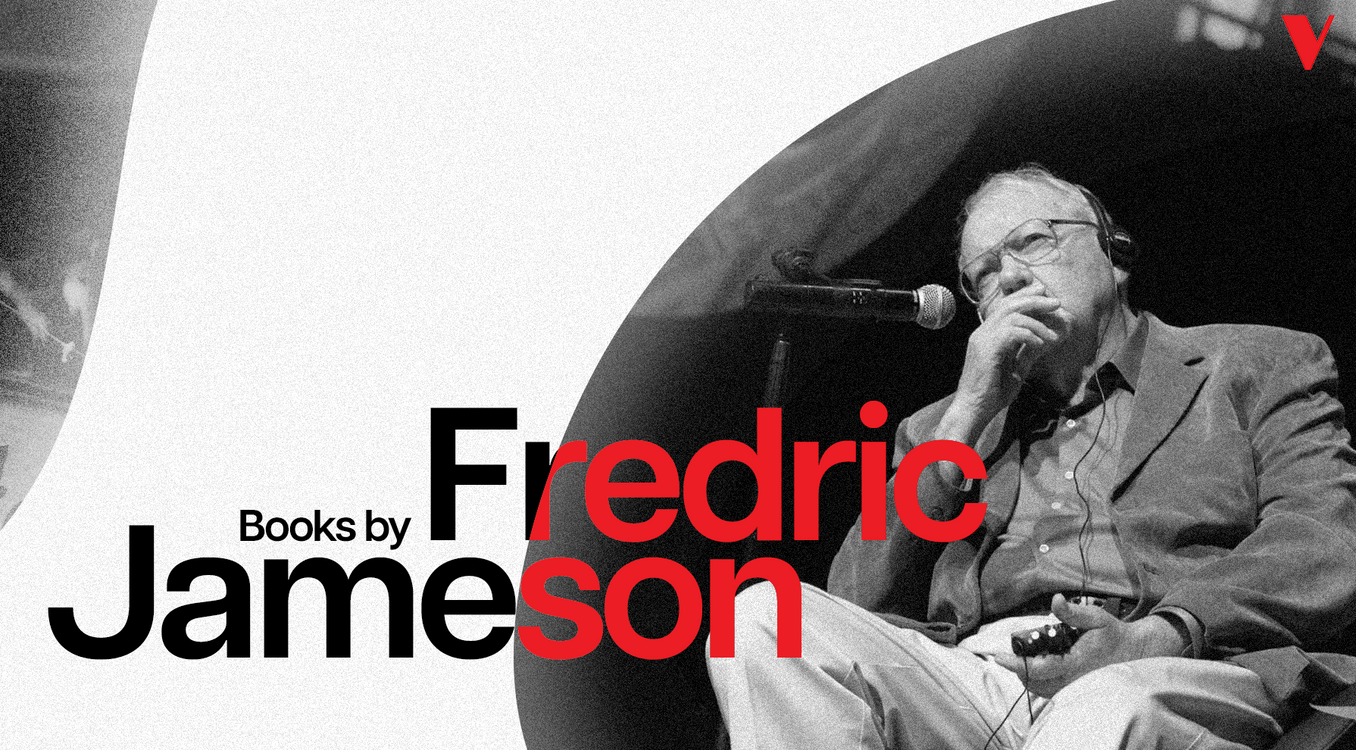
Fredric Jameson: A Giant of Literary and Cultural Theory
Celebrate Fredric Jameson's 90th birthday with us! Take 40% off all titles on the Fredric Jameson bookshelf.

Crooked Plow Shortlisted for the International Booker Prize
"An evocative journey into the heart of rural Brazil, which speaks to the importance of remembering our histories and protecting the land that sustains us." — International Booker Prize 2024
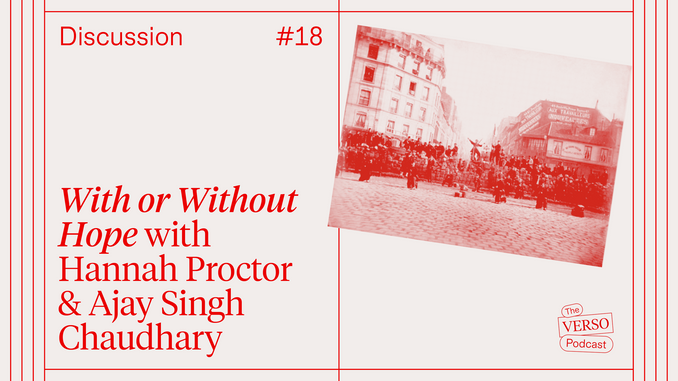
With or Without Hope: Hannah Proctor & Ajay Singh Chaudhary

Unintimidated Languages: Jameson at 90
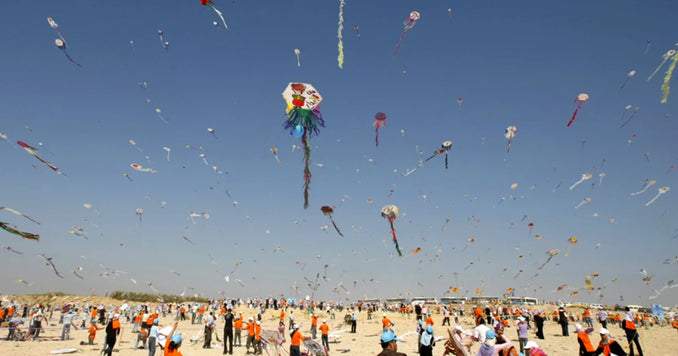
Palestine speaks for everyone
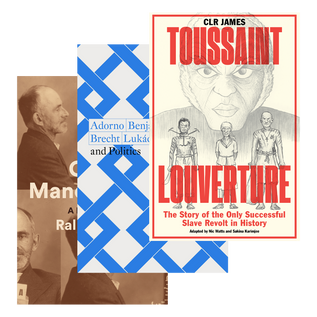
Verso Book Club
Our world is changing quickly, from global politics and environmental collapse, to the rise of right-wing political movements and serious economic crises. What hasn't changed is Verso's 50 year-long commitment to radical publishing.
Help us to continue this vital radical publishing tradition by joining the Verso Book Club.
Verso Reading Lists
-
Free Palestine: A Verso Reading List
A reading list on the ongoing struggle for Palestinian liberation.
-
Robin Blackburn: A Lifetime of Scholarship on Slavery and its Abolition
Get 30% off The Reckoning: From the Second Slavery to Abolition, 1776-1888 when you buy 2 or more books by Robin Blackburn. -
New Works of Theory in Context
-
Philosophy at the End of the World
Featuring Ben Ware, Elsa Dorlin, Judith Butler, Frédéric Gros, and more. -
10 Books to Read on International Women's Day
Taking International Women's Day back to its radical roots.
Blog
-
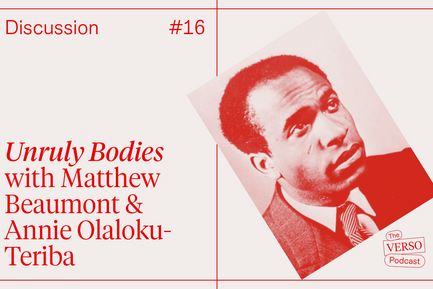
Unruly Bodies: Matthew Beaumont & Annie Olaloku-Teriba
Matthew Beaumont and Annie Olaloku-Teriba discuss the politics of struggle, power, and the body, in the context of the life and work of Frantz Fanon. -
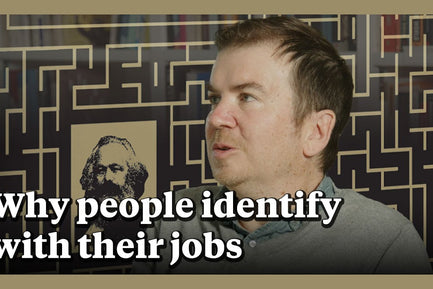
Jason Read and Jeremy Gilbert on Marx, Spinoza, Work, and Breaking Bad
Jason Read discusses his new book, The Double Shift: Spinoza and Marx on the Politics of Work. -
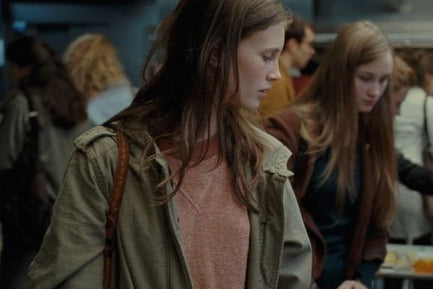
Nilb, mun, mud: Notice
Short fiction from Stephanie LaCava.

